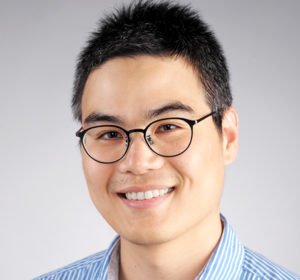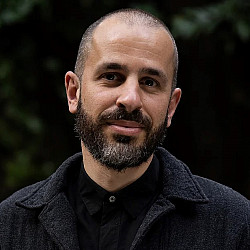The Research Computing Series is a great opportunity to learn about the research on campus as well as the computing resources available to faculty, staff and students. The Fall 2025 Research Computing Series consists of two virtual sessions on Microsoft Teams.
 Bryan S. Kim, Assistant Professor, Electrical Engineering and Computer Science—Wednesday, Nov. 5, 1:30-2:30 p.m.
Bryan S. Kim, Assistant Professor, Electrical Engineering and Computer Science—Wednesday, Nov. 5, 1:30-2:30 p.m.
 Daniele Profeta, Florence Architecture Program Director, School of Architecture—Wednesday, Nov. 19, 1:30-2:30 p.m.
Daniele Profeta, Florence Architecture Program Director, School of Architecture—Wednesday, Nov. 19, 1:30-2:30 p.m.
Daniele Profeta is an Italian architect and designer. He is currently an assistant teaching professor and the director of the University’s architecture program in Florence, Italy. Daniele is a partner at A/P Practice, a collaborative partnership with Maya Alam. Their projects “combine everyday digital habits, contemporary imaging technologies and traditional craftsmanship to surpass an introverted conversation and open up novel forms of practice.”

